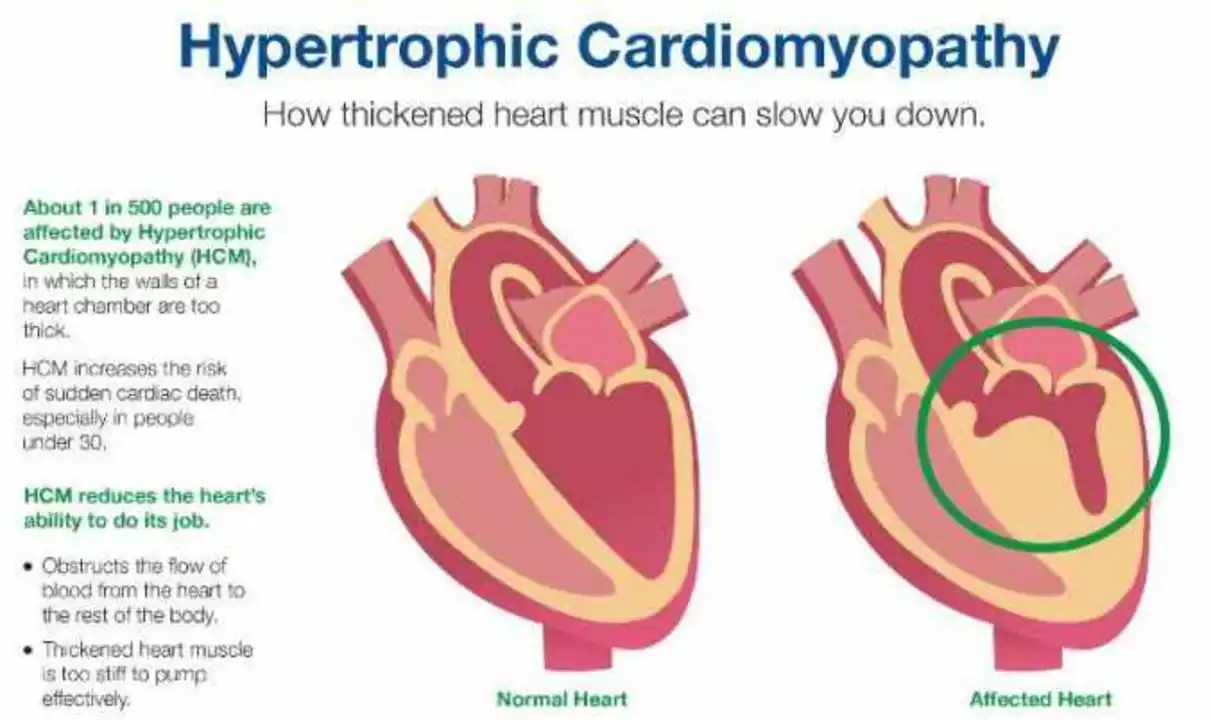Heart Failure: What It Looks Like and How to Manage It
Feeling more tired than usual, short of breath after small tasks, or noticing swollen ankles? Those are common signs of heart failure — when the heart can’t pump blood well enough to meet the body’s needs. Heart failure doesn’t always mean sudden collapse. It often starts slowly and gets worse over time, so catching it early matters.
Heart failure can come from many causes: long-term high blood pressure, a past heart attack, valve problems, diabetes, obesity, or infections. Doctors diagnose it with your history, a physical exam, blood tests (like BNP), and an echocardiogram to look at the heart’s pumping action.
Common medications
There are several medicine classes that help most people with heart failure. Each works in a different way, and your doctor will pick a mix that fits you:
- ACE inhibitors / ARBs: These relax blood vessels and lower pressure so the heart pumps easier. Examples are lisinopril or losartan.
- ARNIs (sacubitril/valsartan): Often used instead of an ACE inhibitor for better outcomes in many patients.
- Beta-blockers: Drugs like metoprolol slow the heart and reduce strain. They’re often started slowly and increased over weeks.
- MRAs (spironolactone, eplerenone): These reduce fluid and improve survival for some people.
- SGLT2 inhibitors: Originally diabetes drugs, they now help many people with heart failure whether they have diabetes or not.
- Diuretics: These remove excess fluid so you breathe easier and your swelling goes down. They control symptoms fast but don’t replace other long-term drugs.
All these medicines need monitoring — kidney checks, electrolytes like potassium, and watching for side effects. Keep a list of your meds and share it with every clinician you see.
What you can do today
Small steps add up. Weigh yourself every morning and tell your care team if you gain 2–3 pounds in a day or 5 pounds in a week. Cut back on salt, limit alcohol, and avoid smoking. Stay active within your limits — short, regular walks beat infrequent intense effort.
Follow up regularly. If you feel suddenly more short of breath, confused, dizzy, have chest pain, or your legs swell fast, seek care quickly. These can be signs you need urgent treatment.
If you use other drugs for blood pressure, diabetes, or cholesterol, talk with your doctor about how those fit into your heart-failure plan. Managing blood sugar and cholesterol, and treating high blood pressure, all help the heart.
Heart failure can feel overwhelming, but many people live well for years with the right mix of medicines, lifestyle changes, and check-ups. If you want clearer info on specific meds, tests, or heart-healthy habits, the RedBoxRX guides cover practical steps and what to ask your clinician.

 May, 9 2023
May, 9 2023